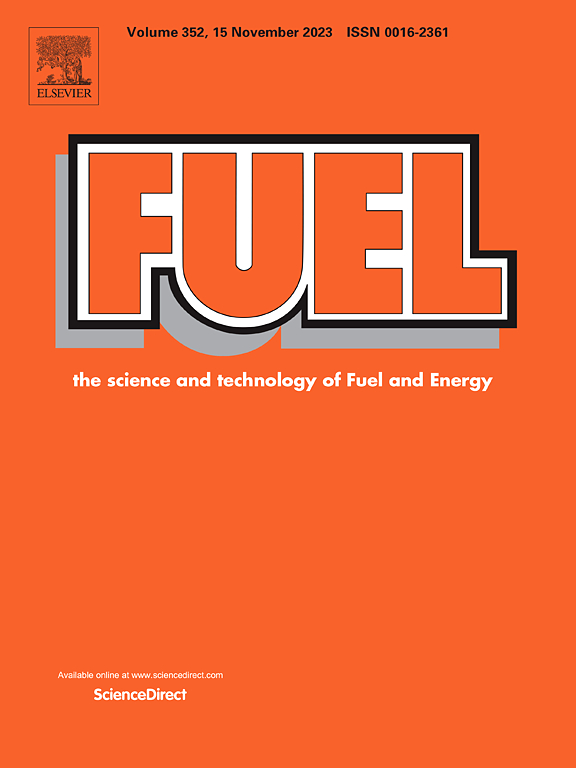Evaluation of two-stage advanced turbocharging systems for medium duty hydrogen engine conversion: A comprehensive 1D engine modelling approach
IF 6.7
1区 工程技术
Q2 ENERGY & FUELS
引用次数: 0
Abstract
This paper explores the potential of retrofitting traditional fuel engines to hydrogen operation, leveraging their advantage for greenhouse gas emission reduction. Specifically, the work focuses on a 3-litre diesel automotive application engine equipped with a two-stage turbocharging system. Such architecture is particularly interesting for hydrogen applications since it can potentially maintain the lean mixtures typically used on hydrogen engines with a reduced deterioration in performance.
First, an extensive experimental campaign on the original diesel engine is used to develop and validate a comprehensive one-dimensional engine model. Subsequently, the developed model is adapted from the computational point of view to evaluate hydrogen operation, including combustion profiles extrapolated from existing literature combined with a predictive sub-model to evaluate knocking limitations as a function of the boost pressure level. Then, the turbocharging system management is optimised under different assumptions. Afterwards, the full-load performance is compared for direct and indirect injection and different dilution levels.
According to the simulation results, the hydrogen engine can achieve over 80% of the original diesel engine’s torque output, successfully meeting the target boost pressure, thanks to the versatility of the dual-stage turbocharging system. This research advances hydrogen engine conversion technology, paving the way for cleaner and more efficient transportation systems.
求助全文
约1分钟内获得全文
求助全文
来源期刊

Fuel
工程技术-工程:化工
CiteScore
12.80
自引率
20.30%
发文量
3506
审稿时长
64 days
期刊介绍:
The exploration of energy sources remains a critical matter of study. For the past nine decades, fuel has consistently held the forefront in primary research efforts within the field of energy science. This area of investigation encompasses a wide range of subjects, with a particular emphasis on emerging concerns like environmental factors and pollution.
 求助内容:
求助内容: 应助结果提醒方式:
应助结果提醒方式:


